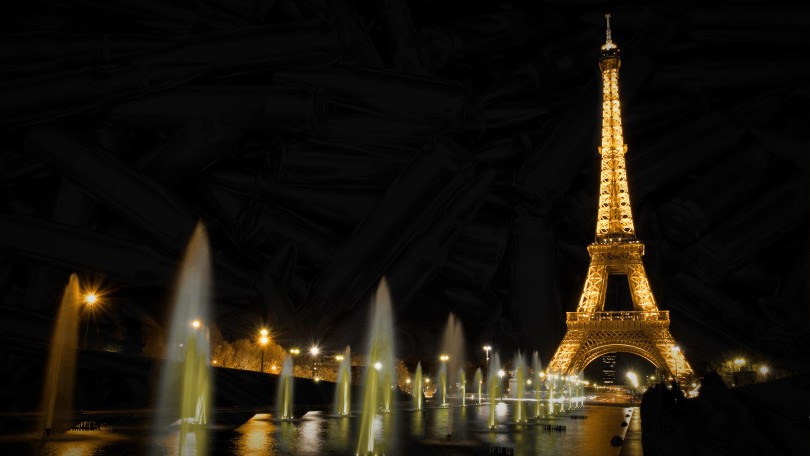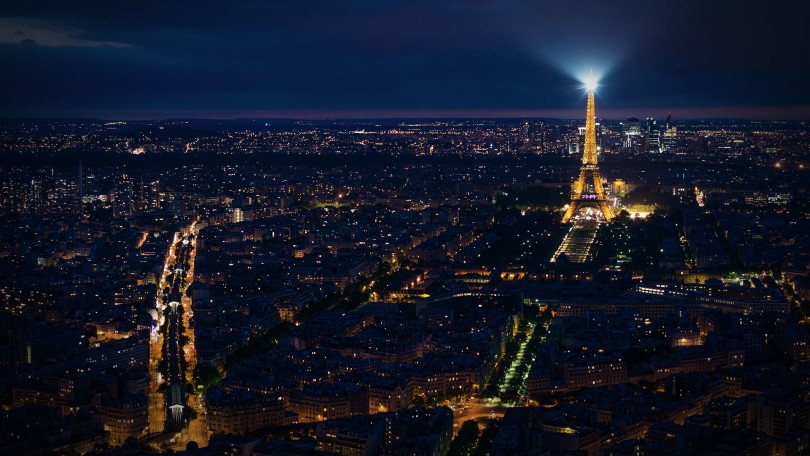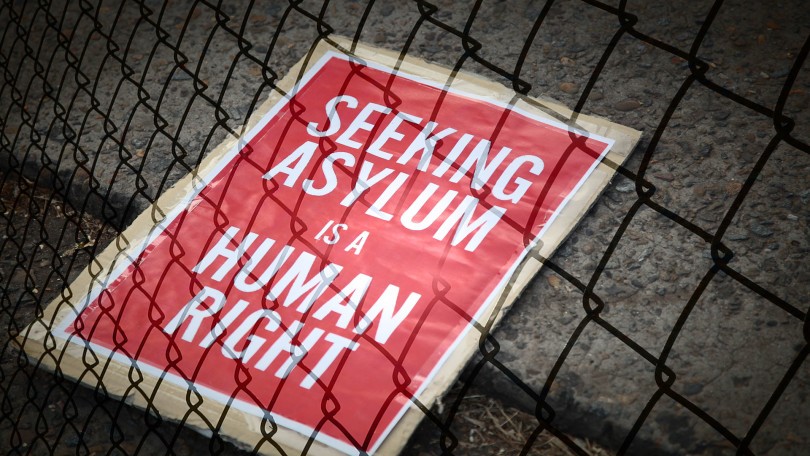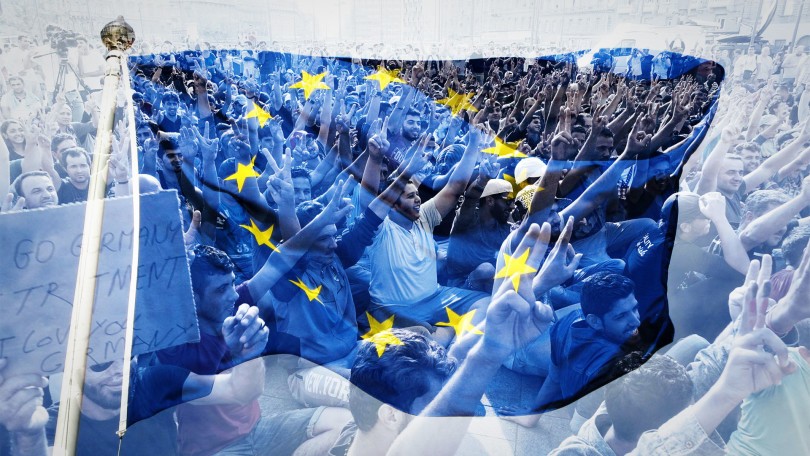
Following the government’s lead, a Washington Post email subject last week asked: “Is Snowden to blame for Paris?” The question focuses attention on blaming national security whistleblowers for violent extremism. Aside from the insufficient evidentiary basis for such suggestions, this question allows neoconservative government officials to frame the public debate in ways that favor their own, powerful interests. It fits the broader narrative about global politics that privileges a particular conception of security that is factually incorrect in ways that harm the well-being of billions by distracting from the greatest threats of our time: climate change, the arms trade, and mass surveillance. Forget ISIS. We are facing the potential collapse of the global ecosystem and economy as we know it. That’s what I call a global security crisis…
[Read more from the latest in my surveillance essay series at Rebel News.]




